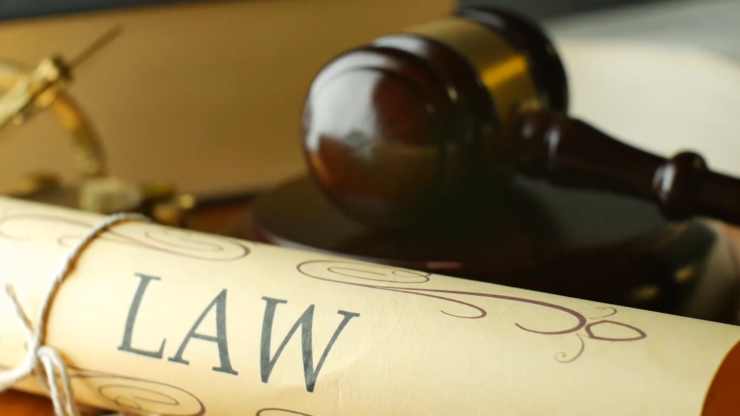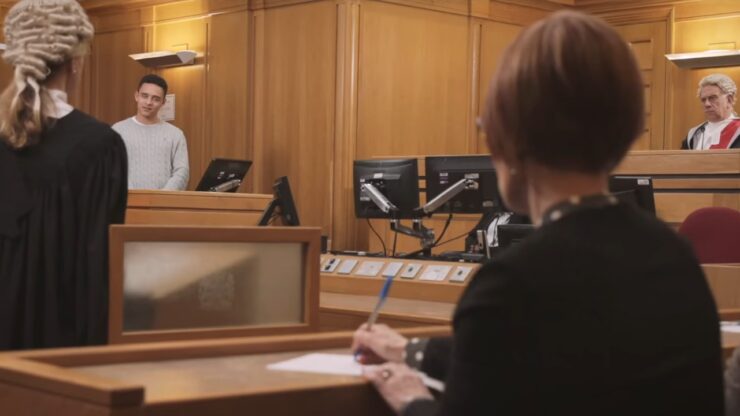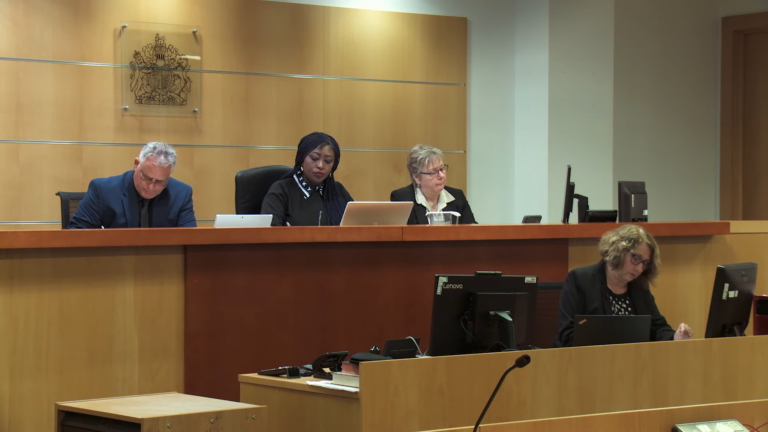Understanding debt collection lawsuits is vital to protect your rights and finances. These lawsuits can be daunting, especially for those unfamiliar with legal jargon and procedures. By gaining knowledge and preparing adequately, you can navigate these challenges more effectively.
This blog post provides detailed strategies to empower you in facing a debt collection lawsuit. From knowing your debt to preparing for court, we cover essential steps to enhance your chances of a favorable outcome. Our goal is to make this complex topic accessible and actionable for everyone.
1. Know Your Debt

Understanding the specifics of your debt is the first crucial step. Begin by gathering all related documents, such as credit reports, loan agreements, and payment histories. Scrutinizing these documents helps you understand the exact nature of the debt, including its origin, amount, and the creditor’s details.
This information forms the cornerstone of your defense. It’s important not just to acknowledge the liability but to comprehend every aspect of it. This understanding is critical in challenging any inaccuracies and forming a robust defense strategy in the lawsuit.
2. Check for Errors
Errors in debt records can significantly impact your case. Review your debt documents meticulously for any discrepancies. These might include incorrect amounts, misattributed payments, or errors in your personal information. Identifying such mistakes can turn the tide in your favor during legal proceedings.
Creditors are required to provide accurate and complete information. Any error on their part can be used to challenge the validity of the debt. This step is not about finding trivial mistakes, but about ensuring that the liability claimed is indeed what you owe, without any unjustified additions or inaccuracies. For more info please click here.
3. Statute of Limitations

Understanding the statute of limitations is key in debt collection lawsuits. This law sets a deadline for creditors to file a lawsuit for debt collection. Once this period expires, the creditor cannot legally enforce the debt through the court.
It’s imperative to check whether your liability falls within this period. The statute varies depending on the type of debt and the state you reside in. If your liability is beyond this period, you can use it as a strong defense in court. Knowing this can save you from unnecessary litigation and possibly void the creditor’s claim.
4. Respond Promptly
Responding promptly to a lawsuit notice is critical. Ignoring it can lead to a default judgment against you, regardless of the debt’s validity. Upon receiving a notice, review the complaint carefully and note the deadline to respond. Filing a timely response is crucial.
This response doesn’t mean admitting to the liability but rather acknowledging that you are addressing the lawsuit. In your response, you can raise any defenses or counterclaims you have against the creditor. This step is where your preparation and understanding of the debt come into play, forming the basis of your legal response.
5. Hire an Attorney

Hiring a debt collection attorney can greatly enhance your chances of success. These professionals understand the complexities of liability law and can provide invaluable guidance. They can help review your case, identify the best legal strategies, and represent you in court if needed.
Finding an affordable attorney might seem challenging, but many offer free consultations or work on a contingency basis. An attorney can negotiate with creditors, challenge the debt’s validity, and ensure your rights are protected throughout the legal process.
6. Negotiate a Settlement
Negotiating a settlement is often a practical approach. This doesn’t mean conceding defeat but finding a mutually agreeable solution. Discuss with the creditor or their representative to potentially reduce the amount or agree on a payment plan.
During negotiations, be clear about what you can realistically afford. If you have an attorney, they can handle these negotiations on your behalf. A successful negotiation can lead to a resolution that’s financially manageable for you and acceptable to the creditor, avoiding the need for a prolonged legal battle.
7. Prepare for Court

If your case goes to court, being prepared is key. Familiarize yourself with the court procedures and what documents you need to bring. Dress appropriately and arrive on time for your hearing. In court, remain calm and respectful.
Clearly present your case, focusing on the facts and the defenses you have prepared. If you’re representing yourself, practice your statements beforehand. Being well-prepared shows the judge that you take the matter seriously and can positively influence the court’s perception of your case.
8. Challenge the Debt
Challenging the validity of the debt can be an effective defense. This involves questioning the accuracy of the creditor’s records and the legitimacy of the debt itself. Look for common errors such as mistaken identity, incorrect liability amounts, or debts that have already been paid.
A successful challenge can lead to the dismissal of the lawsuit. This strategy requires a thorough review of all documentation related to the debt and a good understanding of your legal rights.
7. Document Everything

Maintain meticulous records of all communications and transactions related to the debt. This includes keeping copies of all correspondence, recording phone conversations (where legally permissible), and saving receipts of any payments made.
These documents can serve as crucial evidence in court. They provide a clear trail of your interactions with the creditor and can be used to support your case. Proper documentation is often the key to establishing the facts of the case in your favor.
8. Stay Informed
Stay updated on the laws governing debt collection in your state. Laws and regulations can change, and these changes can affect your case.
Understanding your rights under the Fair Debt Collection Practices Act (FDCPA) and other relevant laws is essential. This knowledge not only helps in defending your case but also ensures you are not taken advantage of by unscrupulous collection practices.
Conclusion

Winning a liability collection lawsuit requires a combination of prompt action, thorough preparation, and an understanding of your legal rights. From knowing your debt in detail to preparing for court, every step is crucial in building a strong defense.
Remember, seeking legal advice is always recommended. This blog post aims to provide you with the strategies and knowledge to face a debt collection lawsuit with confidence and increase your chances of a successful outcome.
Related Posts:
- How Do You Play Baccarat for Beginners? Tips for a…
- Lizzo Faces Serious Accusations: Former Dancers File…
- Hunting for Stars: Strategies Casting Directors Use…
- Sustainable Street Cleaning Strategies 2024: Growing…
- Preparing and Passing PTE Academic: Pro Tips for Success
- How to Start a Freight Forwarding Business: 14…











